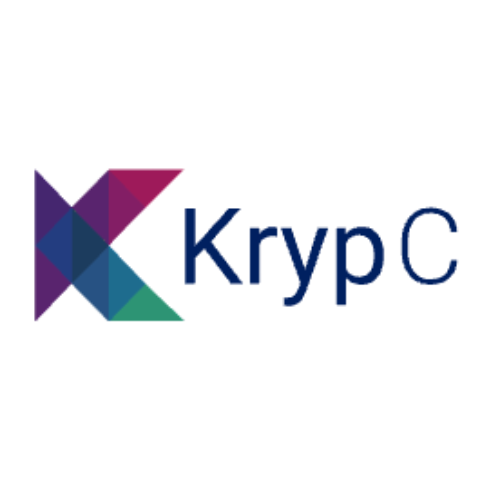
Rivia
Rivia is a Dallas-based technology firm specializing in stablecoin, payments, and finance infrastructure solutions. Its flagship product, the Rivia US Dollar ($rUSD) stablecoin, is a low-cost settlement layer token pegged to the US dollar and used to facilitate global financial transactions and remittances via immutable blockchain ledger technology.
Its stablecoin offering is based on a "proof of reserve" (PoR) guaranteeing a 1:1 backing for its $rUSD stablecoin. $rUSD is broadly integrated across numerous digital payments and assets services and provides cross platform compatibility with major distributed ledger technologies including Hedera, Ethereum, Algorand, and Solana.
Rivia’s stablecoin model emphasizes collaboration with US credit unions to create expanded access to American markets. Key features of its offerings include low-cost, high-speed transactions, global accessibility, and enhanced security and stability derived from credit union liquidity distribution.
Its established partnerships include integrations with financial institutions such as Fivancial, LoneStar, Resource One, Plaid, and Janusea.
Project Information
Related Projects

The Hashgraph Tower is a real estate investment platform that democratizes access to property ownership through fractionalization and tokenization. Its aim is to allow anyone to invest in real estate projects from anywhere in the world, with a focus on environmental sustainability and transparency.
The core of The Hashgraph Tower's service is its online platform, where investors can browse and purchase tokens representing a share in a specific real estate property. These "HTOWER" tokens provide investors with a claim to the monthly income generated by the property, as well as the potential to profit from the appreciation of the asset. The platform is designed to be a "hands-off" investment, with The Tower managing all aspects of the property and investment. Key features include a promised average profitability of 9%, no entry or exit fees, and the ability to resell tokens at any time.
All investment projects are registered on the Hedera distributed ledger, which provides a transparent and immutable record of ownership and transactions. The platform utilizes smart contracts on the Hedera network to manage the investment process, from the initial funding of a project to the distribution of monthly income to token holders.

BitGo is a leading provider of secure and regulated digital asset financial services within the Hedera ecosystem. Founded in 2013, BitGo pioneered the multi-signature wallet, setting an industry standard for digital asset security. They offer a comprehensive suite of services, including qualified custody, staking, trading, and core infrastructure for institutional clients across 50 countries.
It is a member of the Hedera Governing Council and an active contributor to the network's direction and development. BitGo also serves as a backbone technology provider for the network where it runs several Hedera mirror nodes and supports innovation across the entire ecosystem.
BitGo provides institutional-grade security for Hedera Token Service (HTS) tokens leveraging its multi-signature technology and cold storage solutions to protect client assets. It is regulatory compliant with a verified MiCA license in the EU and operational licenses in New York, Germany, Singapore, and more. Its services include real-world tokenization, settlement, and payment verticals among numerous others.

HiveTracks is a software company focused on providing digital tools and data-driven insights to beekeepers and supporting sustainable apiculture practices. It offers a comprehensive hive management platform through its web-based and mobile applications.
The HiveTracks platform enables beekeepers to meticulously record and monitor various aspects of their apiaries including colony health, inspections, treatments, feeding schedules, and honey harvests.
A significant aspect of HiveTracks' approach is its utilization of the Hedera Hashgraph distributed ledger technology (DLT). Leveraging the Hedera blockchain, HiveTracks enhances the integrity and traceability of beekeeping data by creating auditable records for hive health and establishing honey provenance. Furthermore, the Hedera integration enables beekeeper participation in emerging environmental markets such as carbon credits and data validation services.
HiveTracks specialized services empower beekeepers with robust data management capabilities while fostering a first-of-its-kind connected community. It also contributes to the overall health and longevity of bee populations and global climate health by promoting responsible and transparent beekeeping.

KrypC is a global technology company providing enterprise blockchain and Web3 solutions. Its Krypcore Web3 platform enables developers to build and scale decentralized applications with low-code tools. In the sustainability sector, KrypC’s CarbonCore uses Hedera Hashgraph to tokenize carbon credits, creating transparent, verifiable carbon offset workflows. The company also offers Verification-as-a-Service on Hedera to authenticate digital documents securely. Its solutions leverage Hedera to deliver scalable, efficient, and secure blockchain applications across industries.
